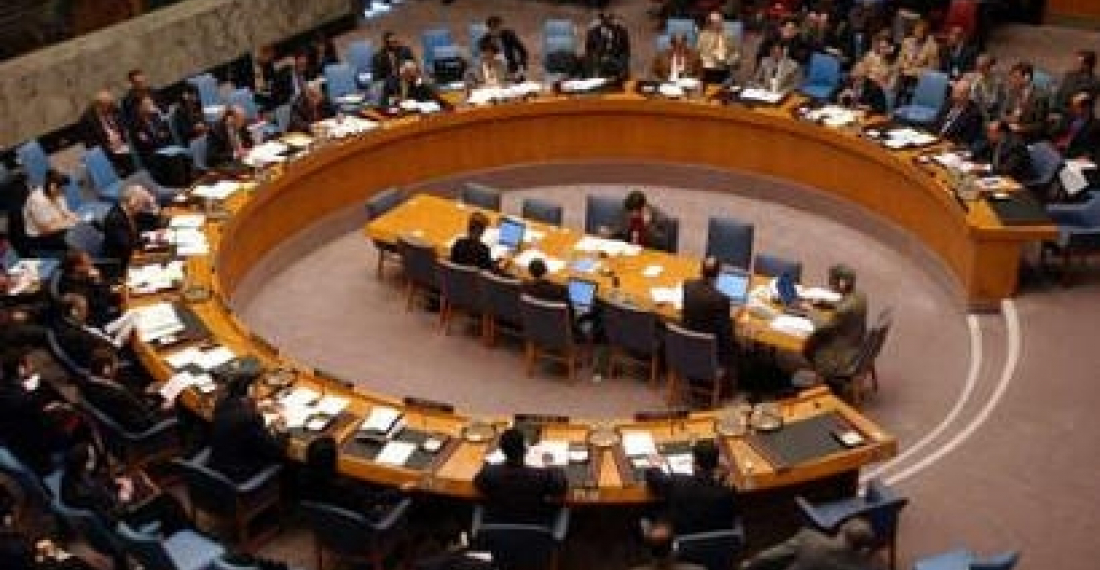Yerevan, December 24. Arminfo.
"The delay in the settlement process not only hinders the regional cooperation but greatly restricts the efforts directed to the peacebuilding and contains serious threats aimed at controlling the conflicts", - Permanent Representative of the Republic of Armenia to the United Nations Karen Nazaryan said in his speech at the open discussion dubbed "Post-conflict peacebuilding" that was hosted in UN Security Council on December 20.
As press-service of Armenia's Foreign Ministry reported, the Armenian diplomat said in his speech that the post conflict period enables a chance to create sustainable development basis in the region, for which first of all it is necessary to demonstrate political will and determination. He also added that Security Council often refers to the stated topic thus highlighting the importance of peacebuilding processes which seek to prevent the resumptionof conflicts and creates necessary preconditions of lasting security and stability, peace and development.
The ministerial statement was adopted on the results of the discussion.







